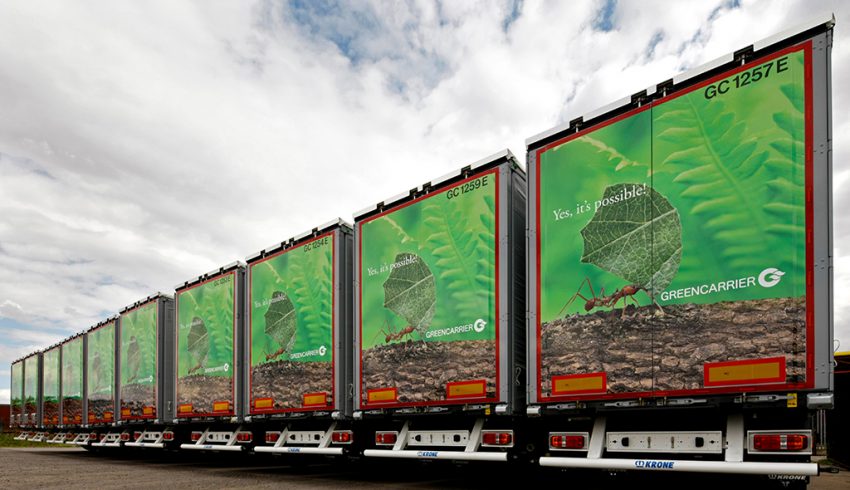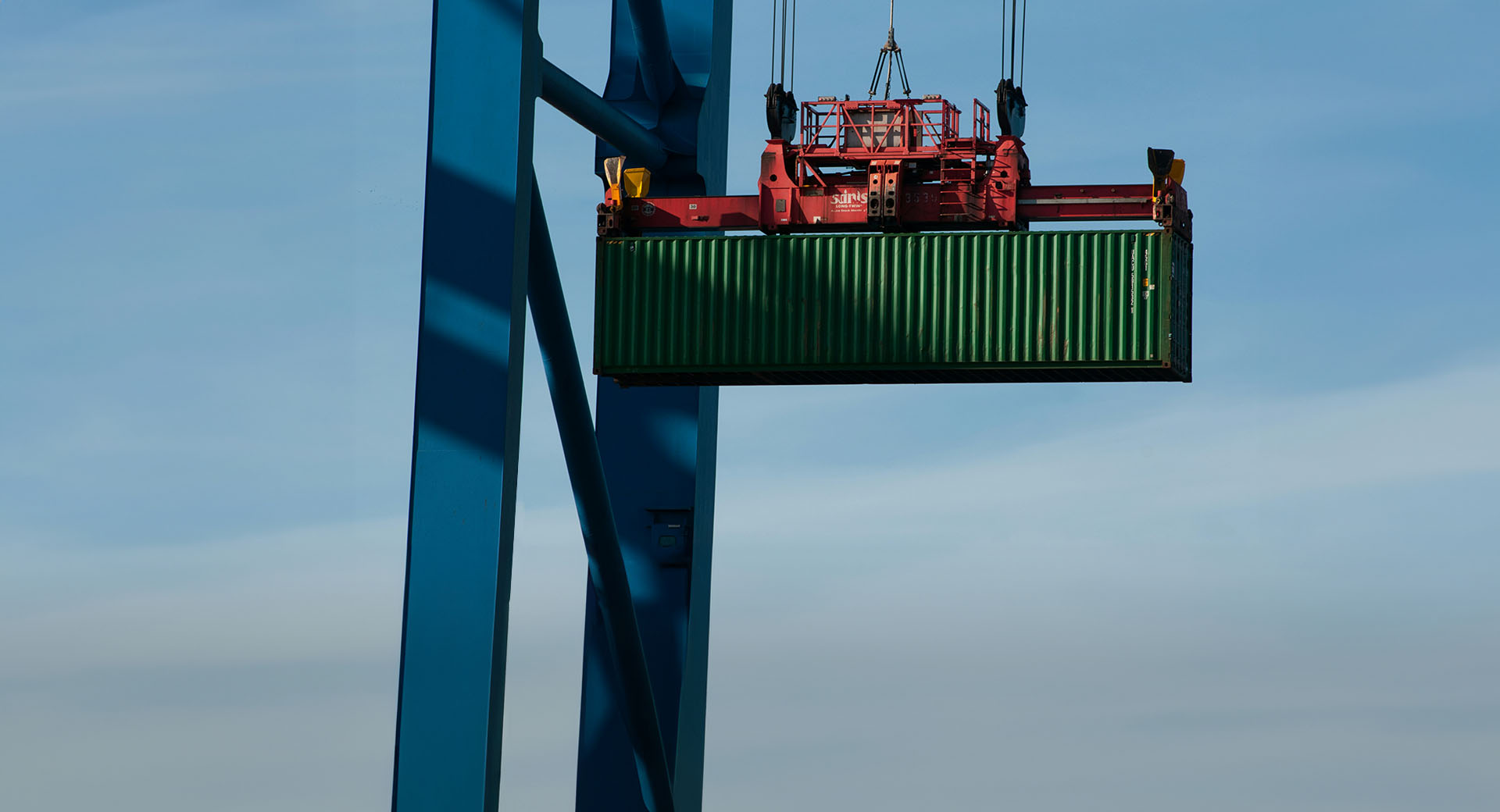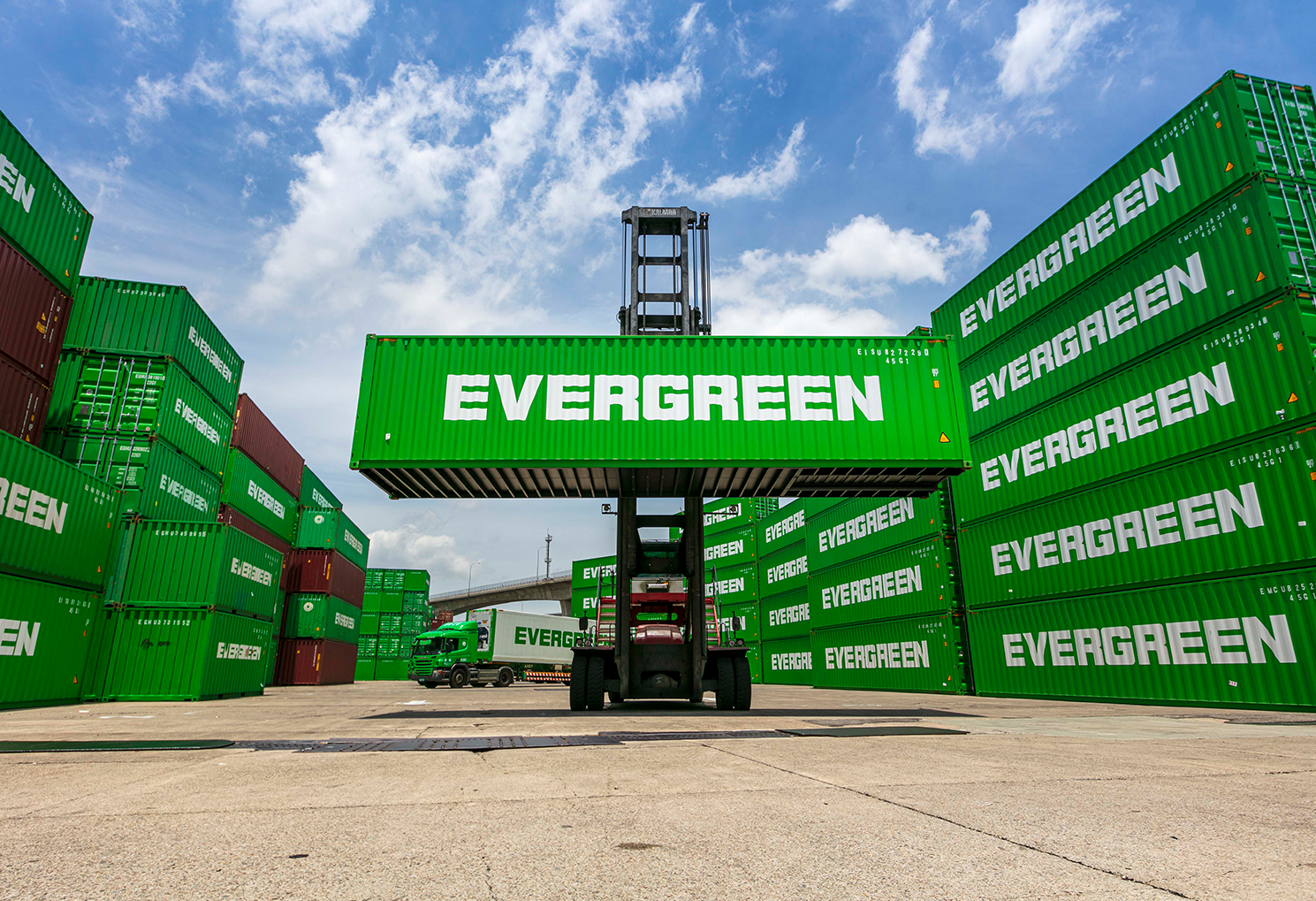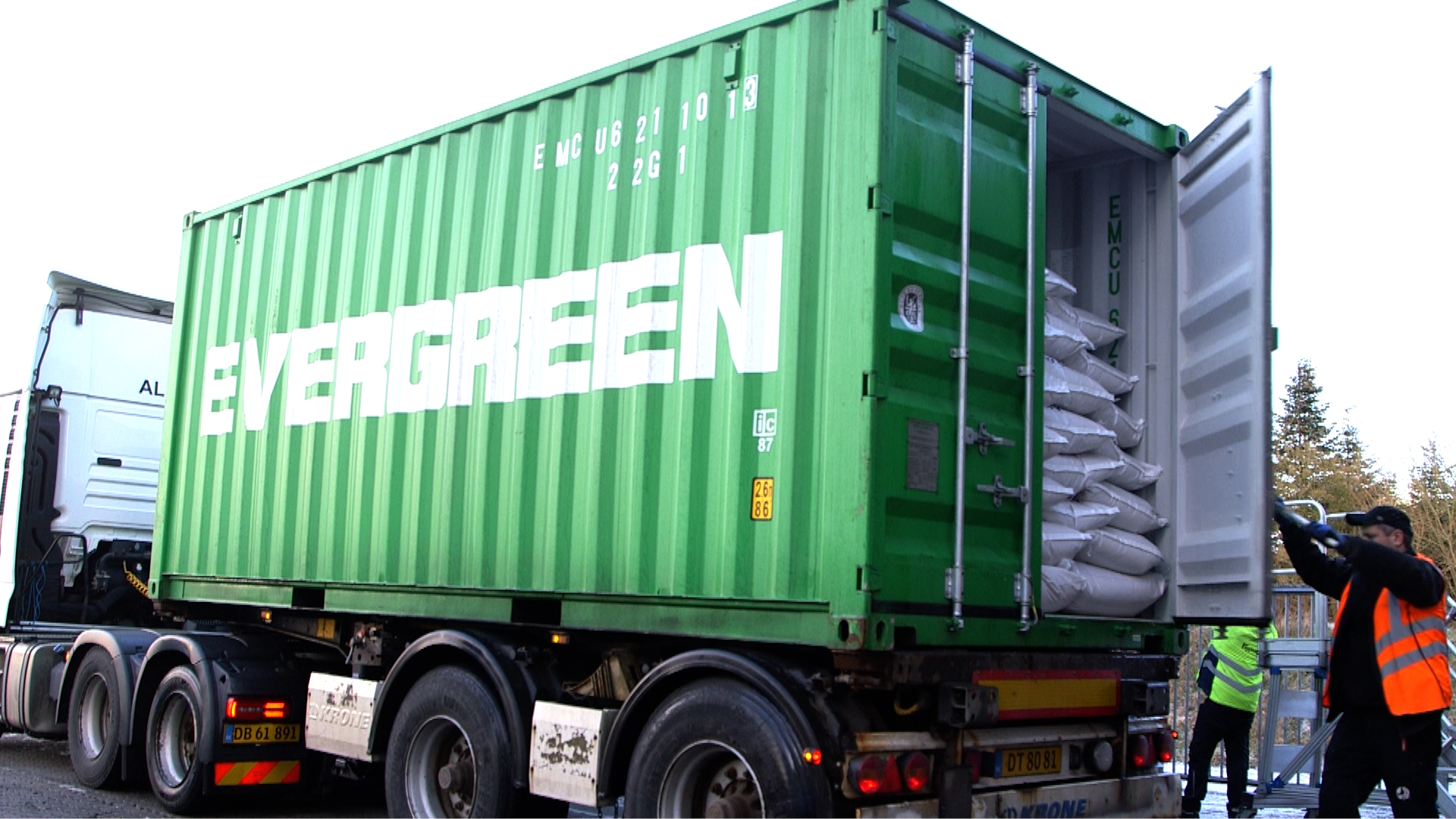Transport and logistics companies face a number of challenges when it comes to transporting diplomatic cargo by road from the European Union to a non-member country. A while ago, Greencarrier Freight Services was asked to handle a diplomatic cargo on behalf of a particular military force. This is the challenge we faced.
What is diplomatic cargo?
Diplomatic cargo doesn’t recognise any borders or customs due to the nature of cargo being diplomatic – provided that all the permits are in hand at the time of transporting.
Document 302 – a permit for the cargo to travel with and according to the UN protocol
A couple of months ago, Greencarrier Freight Services in the UK was given the challenge to handle a diplomatic cargo by road on behalf of a particular military force. The owners of the cargo provided each truck driver with a document called 302. The document is a permit for the cargo to travel with and according to the UN protocol. It must travel with the goods during the transit, from origin to arrival point. The truck drivers were responsible for showing the 302 documents to the border customs when passing through.
Problems to transport the diplomatic cargo at the borders of non-member countries
However, for certain truck drivers, the 302 documents were not accepted by certain European non-member countries’ customs. They claimed that they were not familiar with document 302 and that the truck drivers required further permits.
Different interpretations of the Vienna Convention on Diplomatic Relations
We were fully aware of the current security risk at the borders due to the European refugee crisis; that the level of security has been increased to deal with any unexpected issues. But when transporting diplomatic cargo that travels with the 302 document, there shouldn’t be any issues to pass through the borders – which is also mentioned in the document. However, it seemed that the Vienna Convention on Diplomatic Relations had been interpreted differently by some of the newly joined members to the EU countries.
Our knowledgeable Greencarrier staff managed to solve the problem
Luckily, we had our knowledgeable Greencarrier staff and a strong patronage in our customs service department who knew exactly how to handle the situation. They involved the cargo owners and got in touch with the necessary countries’ senior customs officials to get the vehicles released, so the truck drivers could continue their journey to meet the delivery deadline.
Be careful to commit to a delivery deadline when transporting diplomatic cargo
If you are going to transport diplomatic cargo, my recommendation is to be careful to commit to a delivery deadline, as you might face this type of challenge. We relied on the 302 documents – and they were the correct documents to travel with the cargo – but unfortunately, we were caught by inexperienced customs officials who were not familiar with these documents and the handling of diplomatic cargo.
Experienced freight forwarders with a “Yes, it’s possible” approach
At Greencarrier Freight Services, we are all experienced to handle this type of project freight and ensure the safety of the cargo, from origin to final destination. Even though there are elements to think of including inexperienced customs officials, we managed to solve the problem. What seemed to be impossible was in the end made possible!
If you would like to know more about our transport solutions including road freight, please visit our website. Also join us on social media for more interesting blog articles!
/ Aziz Oztoprak Greencarrier Freight Services UK





